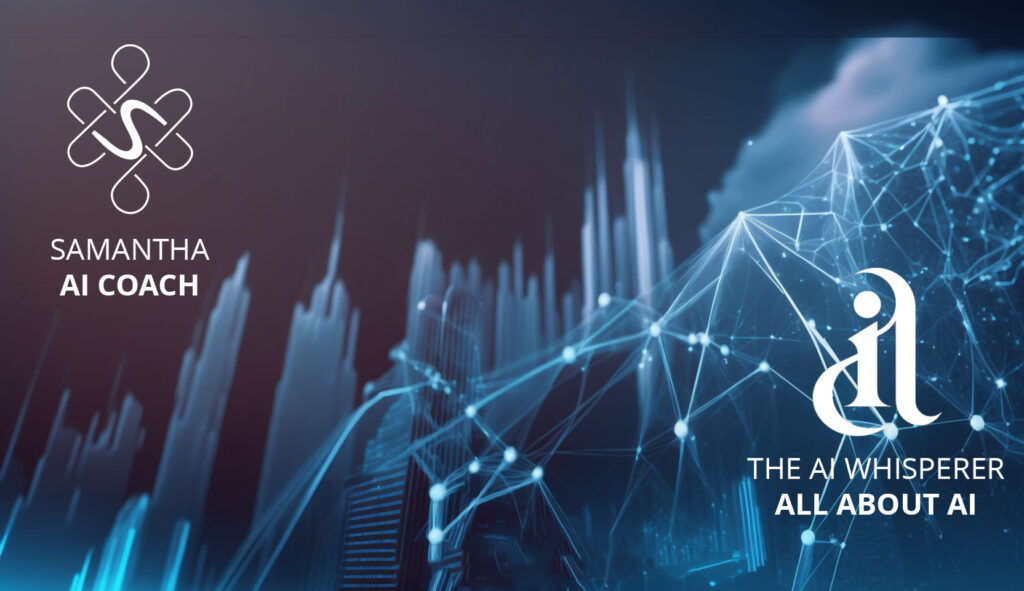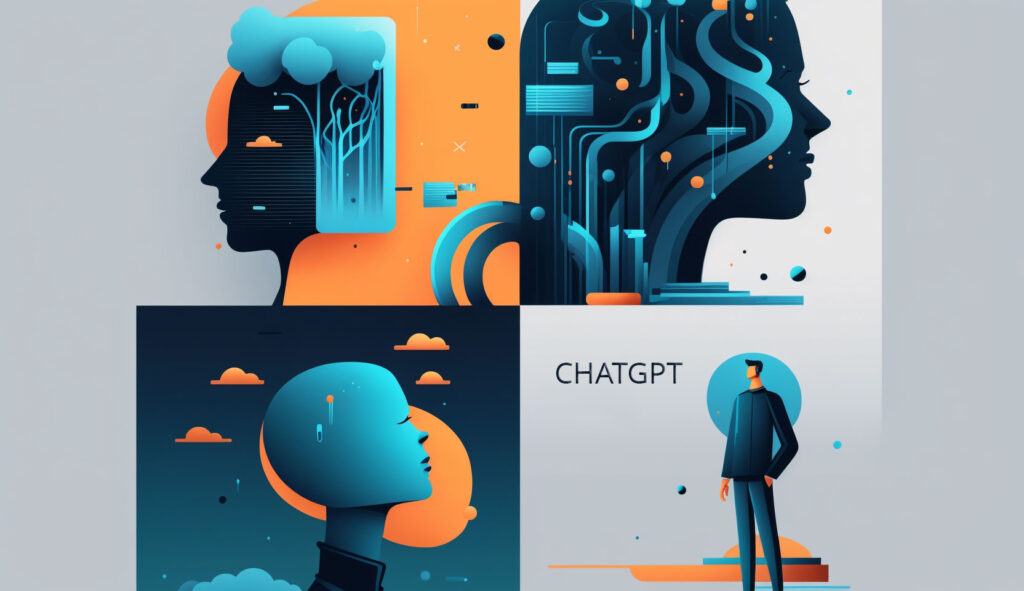Artificial General Intelligence (AGI) represents a leap forward from standard AI systems. Unlike narrow AI, which excels in specific tasks, AGI is designed to perform any intellectual task that a human can. This includes learning from experiences, understanding complex concepts, solving varied problems, and applying knowledge flexibly across different domains. In essence, AGI isn’t just programmed for specific tasks; it’s equipped to understand and interact with the world in a way that mimics human cognition.
The Broad Impacts of AGI on Employment
AGI’s potential to transform the job market is vast and multi-dimensional. Firstly, its ability to learn and adapt means it can continuously take on new roles, including complex decision-making and creative tasks. This adaptability poses a significant challenge to jobs that require a high level of cognitive skill, not just routine manual tasks.
For instance, in sectors like finance, AGI could conduct analysis and decision-making based on vast amounts of data far beyond human capacity. In healthcare, it could assist in diagnosing diseases or even in surgical procedures, combining vast medical knowledge with precision and efficiency.
New Opportunities Arising from AGI
While the displacement potential of AGI is significant, it’s equally important to highlight the new types of jobs and industries it could create. These include:
- AGI Development and Improvement: As AGI systems evolve, there will be a growing need for professionals skilled in developing, refining, and improving these systems.
- Ethical Management and Regulation: The rise of AGI will necessitate roles centered around the ethical use of AI, creating demand for experts in AI ethics and policy.
- Human-AGI Collaboration: As AGI becomes more integrated into various sectors, professionals who can manage and work alongside AGI systems will be in high demand. This could range from AGI trainers to liaison officers who ensure effective human-AGI collaboration.
Challenges and Considerations for the Future
The integration of AGI into the workforce isn’t without its challenges. These include:
- Skill Displacement and Re-training: As AGI takes over certain tasks, there will be a significant need for re-skilling and upskilling of the workforce.
- Economic and Social Impacts: Widespread use of AGI could exacerbate issues like income inequality and job scarcity, necessitating robust social safety nets and new economic models.
- Ethical and Governance Issues: AGI raises complex ethical questions, from data privacy to decision-making in critical situations. Ensuring responsible use of AGI will be a key challenge.
Conclusion: A Future Shaped by AGI
AGI is not just an incremental step in AI development; it’s a transformative force that holds the potential to redefine how we work and live. Its impact on employment extends far beyond job displacement, opening avenues for new careers, challenges, and ways of working.
As we venture into this AGI-powered future, it’s crucial to prepare for both its opportunities and challenges. This preparation involves everything from education and policy reform to ethical considerations and societal dialogue.
In essence, the journey into the AGI era is about more than just technological advancement; it’s about reshaping our societal structures and perspectives to harness the full potential of this groundbreaking technology. The future with AGI offers a canvas of possibilities, and it’s up to us to paint a picture that balances innovation with humanity, progress with equity, and automation with empathy.
The road ahead with AGI is both exciting and uncertain, but one thing is clear: it will require a collective effort from technologists, policymakers, educators, and society at large to navigate this new era responsibly. The future of work in the age of AGI isn’t just about adapting to new technologies; it’s about reimagining our roles and contributions in a world where human intelligence and artificial intelligence coexist and complement each other.
By embracing this transformative journey with open minds and collaborative spirits, we can ensure that the AGI era is marked not by fear and displacement, but by growth, innovation, and an enhanced human experience. As we stand at the threshold of this new age, let’s move forward with the vision of creating a future that leverages AGI for the betterment of all.


